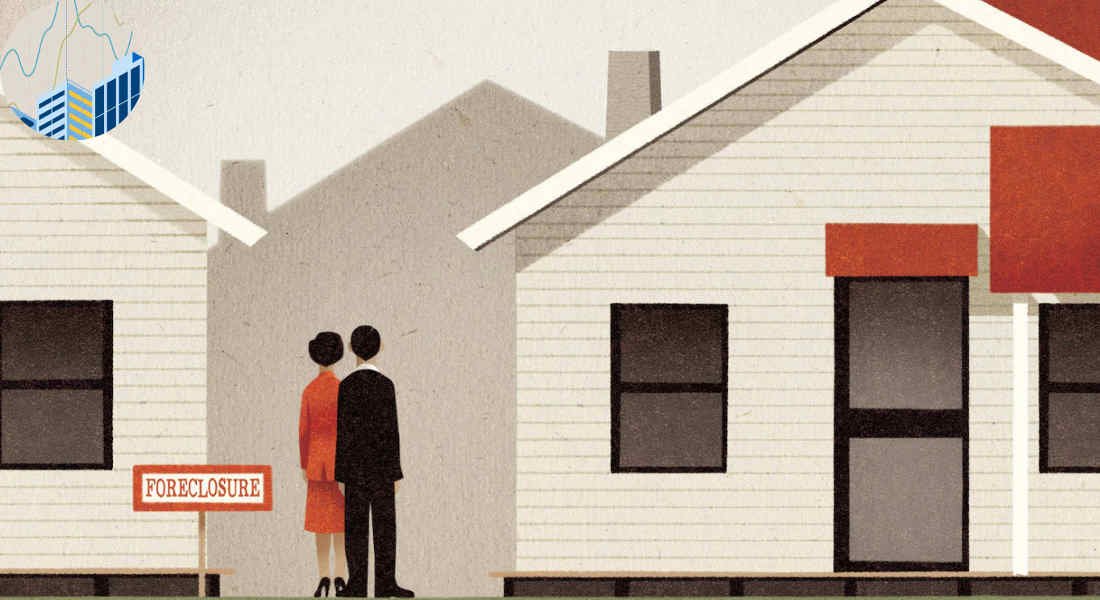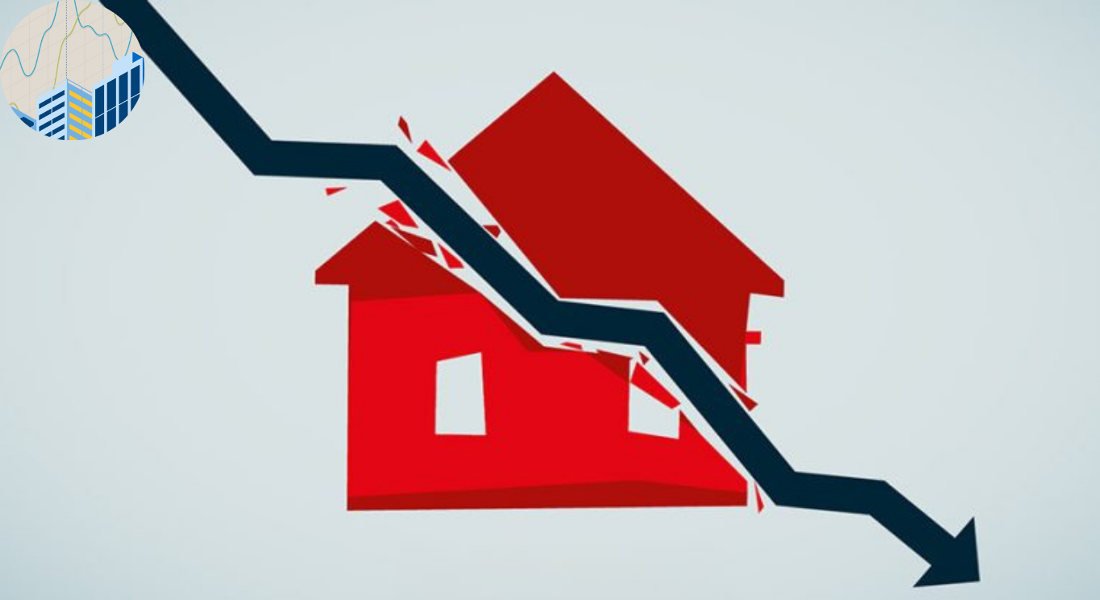As economic uncertainty looms, the prospect of falling housing prices during a recession becomes a critical concern for homeowners, buyers, and investors alike. Preparing for a downturn in the housing market involves understanding key indicators such as rising mortgage rates, inventory levels, and economic forecasts that signal potential price declines. While some experts predict modest price drops or a market correction rather than a crash, the impact on affordability and investment strategies can be significant. This guide will explore practical steps to safeguard your financial position, capitalize on buying opportunities, and navigate the challenges of a recession-driven housing market decline. By staying informed and proactive, you can better manage risks and make sound decisions in a shifting real estate landscape.
Understanding Housing Market Cycles
Housing market cycles are a natural part of the economy, reflecting broader economic trends. They typically move in phases: expansion, peak, contraction, and trough.
During the expansion phase, demand rises alongside home prices. More people seek to buy homes as job growth and consumer confidence increase. As a result, a vibrant market is created filled with eager buyers.
As we reach the peak, prices may become inflated. At this stage, many homeowners feel rich due to rising equity. However, signs of slowing momentum can emerge—sometimes unnoticed until it’s too late.
In the contraction phase that follows, housing prices often decline due to reduced demand and increased inventory. Job losses or economic uncertainty fuel this downward trend.
Finally comes the trough—the lowest point before recovery begins anew. Understanding these cycles helps you anticipate changes in your local market and make informed decisions about buying or selling real estate.
Identifying Signs of a Recession and Decline in Housing Prices
Recognizing early signs of a recession can be crucial for homeowners and potential buyers alike. One major indicator is rising unemployment rates. When people lose jobs, their ability to purchase homes diminishes drastically.
If individuals feel uncertain about the economy, they tend to hesitate before making significant financial commitments, including home purchases.
Keep an eye on housing inventory levels as well. An increase in available properties often signifies that sellers are struggling to find buyers, which can lead to falling prices.
Interest rates also play a role. A sudden spike might discourage new buyers from entering the market, further driving down demand and prices.
Pay attention to local economic trends and governmental policy changes that could influence real estate dynamics in your area. All these factors together create a clearer picture of where housing prices may head during troubling times.
You may also read(does unemployment count as income when buying a house)
Steps to Prepare for a Recession and Falling Housing Prices
To prepare for a recession and falling housing prices, start by assessing your financial health. Review your income, expenses, and savings to create a robust budget. This will help you understand how much flexibility you have during uncertain times.
Next, build an emergency fund if you haven’t already. Keep a separate account for at least three to six months’ worth of living expenses. This cushion can provide peace of mind when facing economic challenges.
Consider reducing high-interest debt as well. Paying down credit cards or loans can free up additional cash flow for emergencies or necessary upgrades in your home.
Stay informed about the housing market trends. Knowledge is power; understanding local dynamics may lead to better decisions regarding buying or selling property in the future. Being proactive now can position you favorably when prices shift downward.
Strategies for Homeowners: Refinancing, Renting, or Selling?
Homeowners facing potential declines in housing prices have several strategies to consider. Refinancing can be a viable option, especially if current interest rates are lower than your existing mortgage rate. This move might help reduce monthly payments or shorten the loan term.
Renting out your property is another alternative. If you’re not ready to sell but want to avoid financial strain, becoming a landlord could provide steady income while waiting for market conditions to improve.
Selling may be necessary for some homeowners who need immediate cash flow or wish to avoid losses from declining values. Timing is crucial here; weighing local market trends can inform whether it’s best to list now or hold on for better days.
Each strategy has its advantages and risks, requiring careful consideration of personal circumstances and long-term goals.
You may also read(is there a sorority house at umiami)
Tips for Potential Home Buyers: Timing and Negotiation
Timing is crucial when considering a home purchase during uncertain economic times. Monitor market trends closely. Signs of declining prices can indicate the right moment to act.
When you identify potential opportunities, be prepared to negotiate aggressively. Sellers may be more willing to compromise in a softening market, especially if their properties have been on the market for longer than expected.
Don’t hesitate to ask for repairs or concessions as part of your offer. A thorough inspection can provide leverage in negotiations, making it easier to convince sellers that adjustments are necessary.
Research comparable homes in the area and use this data strategically during discussions. Knowledge empowers you as a buyer and puts pressure on sellers to justify their pricing decisions.
Patience can often lead to better deals; waiting for that perfect property at the right price might save you significant money down the line.
The Role of Government Policies in Stabilizing the Housing Market
Government policies play a crucial role in stabilizing the housing market, especially during times of economic downturn. When a recession hits, it can lead to falling housing prices and increased foreclosures. To combat this, governments often implement measures designed to support homeowners and stimulate the economy.
One common approach is through monetary policy adjustments by central banks. Lowering interest rates can make borrowing cheaper for homebuyers, encouraging them to enter the market even when prices are volatile. Additionally, these lower rates benefit existing homeowners looking to refinance their mortgages.
Programs that offer financial aid or tax incentives can keep people in their homes and prevent further decline in property values. Governments may also introduce regulations that promote stability within the real estate sector.
These efforts not only boost demand but also create a more balanced marketplace where both sellers and buyers feel confident making transactions.
Understanding these government interventions is vital for anyone navigating the complexities of buying or selling a property during uncertain times. They serve as essential support mechanisms that help mitigate some negative impacts associated with declining housing prices in a recessionary environment.
You may also read (a guide to real estate taxes and property house taxes).

